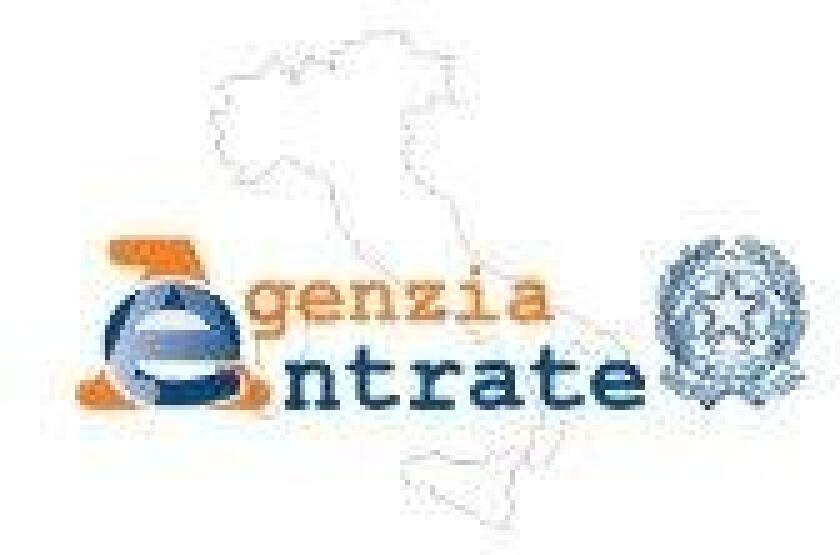Introduction
On August
The circular provides clarifications on identification criteria involving countries with privileged tax regimes as well as on the treatment of profits deriving from such countries.
It falls within the framework of the most recent regulatory innovations on the subject-matter which had some repercussions on both the taxation regime of income produced by
The new rules mentioned above are contained in Legislative Decree No. 147 of September
There is indeed a growing awareness with regard to the impact the tax variable may have on operators’ economic choices and of the role the tax system may play in its activities to support entrepreneurial
Low-tax regimes and taxation of profits
The circular provides elucidations on the criteria
A clear description of the applicable criteria related to the 2015 tax period is also provided. Through an interpretative reading, the exclusion of EU or EEA member states that guarantee adequate information exchange from privileged tax regimes (a notion of provided by the Italian 2016 Stability Law) was extended to also include the 2015 tax period.
As far as the nominal tax level is concerned, the circular specifically states that from the Italian side, in line with the traditional
The circular further provides clarification on the notion of deriving profits, and clear-cut details on the treatment of dividends and capital gains, which are the expression of prior profits.
In order to establish whether the dividends are actually derived or sourced from a tax haven, the criterion that was applicable at the time of their receipt is taken into account. It is precisely at this point in time that taxation occurs, and is established, at the taxpayer’s level.
For dividends received and for capital gains
For distributed dividends and capital gains

|
Piergiorgio Valente, Managing Partnerp.valente@gebnetwork.it |










